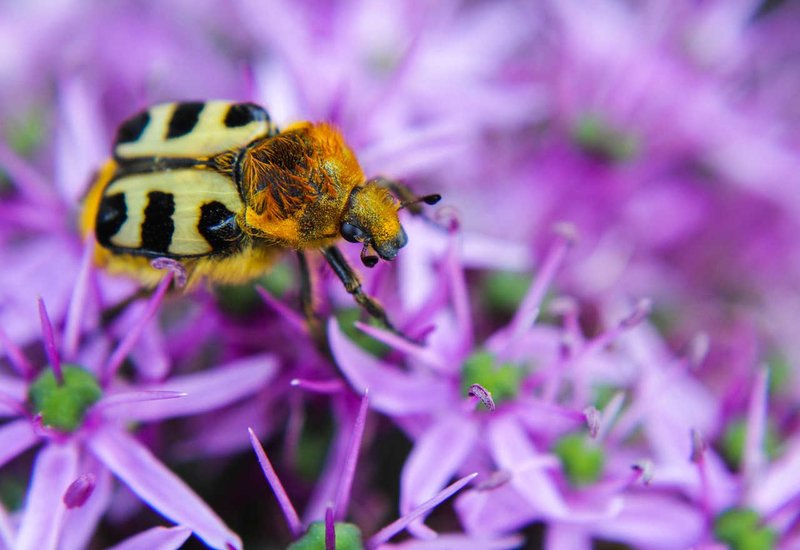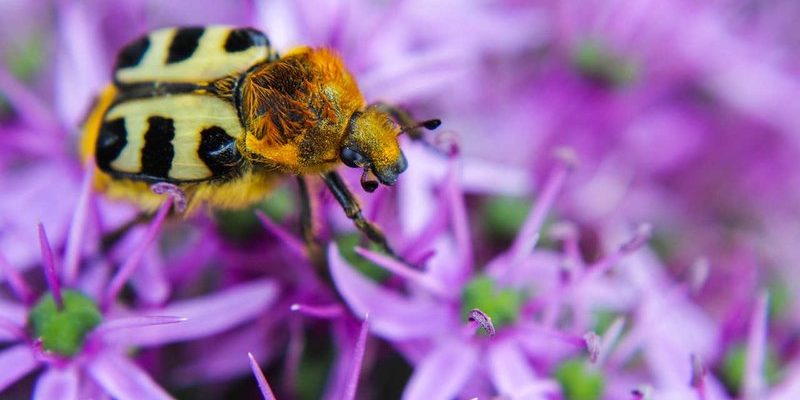
To put it simply, beetles are like the ultimate multitaskers in nature. They can be decomposers, predators, and even pollinators—all at the same time! In this article, we’ll dive into the fascinating world of beetles and explore how they contribute to the health of their ecosystems.
What Are Beetles?
Let’s start with the basics: beetles belong to the order Coleoptera, and there are over 350,000 species of them around the globe. To give you some perspective, that’s more than any other group of animals! These insects come in all shapes, sizes, and colors—some are shiny and bright, while others are more subtle in their appearance.
Beetles have a hard outer shell, called an exoskeleton, which serves as their armor. This shell not only protects them but also helps them retain moisture, making them quite resilient. You might find beetles in forests, fields, and even your own backyard. They play various roles, and their adaptability is one of the reasons they thrive in so many environments.
Decomposers: Nature’s Cleanup Crew
One of the most important roles beetles play is that of decomposers. When plants and animals die, their remains need to be broken down to recycle nutrients back into the soil. Beetles step in here like nature’s cleanup crew, consuming dead organic matter.
There are specific species, like the dung beetle, that focus on manure. These beetles eat waste and help fertilize the soil, enriching it with nutrients. Imagine a farmer trying to grow crops without healthy soil—it’s nearly impossible! By breaking down waste, beetles not only clear away undesirable materials but also support plant growth, which is essential for all life on Earth.
Supporting Soil Health
When beetles decompose organic material, they aerate the soil and promote the growth of beneficial microorganisms. These tiny allies help break down nutrients further, making them accessible for plants to absorb. Without beetles, the process of decomposition would slow down, leading to nutrient-poor soils.
In your garden, having beetles around is a good sign. They help create a healthy ecosystem by ensuring that nutrients cycle efficiently. So next time you see a beetle, consider it a little gardener working to maintain the earth!
Predators: Natural Pest Control
Beetles are also crucial in maintaining the balance of ecosystems as predators. Many species feed on pests, keeping populations in check. For instance, ladybugs, which are technically beetles, are famous for their appetite for aphids. These tiny pests can wreak havoc on plants if left unchecked.
By preying on these harmful insects, beetles help protect crops and gardens from damage. Farmers are often delighted to see a healthy beetle population because it means they don’t have to rely heavily on chemical pesticides. This not only helps the environment but is also healthier for consumers.
The Predator-Prey Balance
The interaction between beetles and their prey contributes to a dynamic balance in nature. When beetle populations thrive, pest populations decline, which is beneficial for agriculture and biodiversity. However, if a specific beetle species is threatened, it can lead to pest overpopulation and ecosystem imbalance.
So, in a way, beetles are like nature’s pest control team—keeping everything in harmony and ensuring that no one species takes over.
Pollinators: The Unsung Heroes of Plant Reproduction
While bees often get most of the credit for pollination, beetles contribute to this essential process as well. Some beetles, like flower beetles, feed on nectar and pollen, helping to transfer pollen from one flower to another in the process.
Pollination is vital for the reproduction of many flowering plants. Without it, we wouldn’t have a vast array of fruits, vegetables, and even beautiful flowers decorating our landscapes. The role of beetles in pollination may not be as glamorous as that of bees, but it’s equally important.
Encouraging Plant Diversity
By aiding in plant reproduction, beetles help maintain biodiversity within ecosystems. A diverse plant community is crucial for various animal species that rely on these plants for food and shelter. So, when beetles do their thing, they’re supporting entire food webs.
In a world where many pollinator populations are declining due to habitat loss and pesticide use, recognizing the role of beetles can help us appreciate the complexity of ecosystems. Every little bit counts!
Food Sources for Other Species
Beetles don’t only contribute to ecosystems as decomposers, predators, and pollinators; they also serve as a food source for many animals. Birds, mammals, and reptiles often rely on beetles as part of their diet.
This connection highlights the interconnectedness of food webs. If beetle populations were to crash, it would ripple through the food chain, affecting numerous species that depend on them for survival.
The Importance of Biodiversity
Biodiversity is essential for healthy ecosystems. The more variety we have, the more robust these ecosystems become. Beetles, with their vast range of species, contribute to that biodiversity, ensuring that ecosystems can adapt and thrive in the face of environmental changes.
So when you think of beetles, remember that they’re not just small bugs; they are intricately woven into the fabric of life on Earth.
Beetles and Human Interaction
Humans have a complex relationship with beetles. While many people find them creepy or squirmy, we rely on them in various ways. They help promote healthy crops, and their presence indicates a balanced ecosystem.
However, not all beetles are beneficial. Some pests can damage crops and stored food. For instance, the bark beetle can devastate forests by boring into tree bark. It’s essential to recognize the role of beetles in our lives and find ways to protect the beneficial ones while managing the harmful species.
Promoting Beetle Conservation
Conservation efforts can help protect beetles and their habitats. Simple actions, like planting native flowers or reducing pesticide use, can make a significant difference in supporting beetle populations. When we cultivate healthy environments, we create a sanctuary for these important creatures.
So, the next time you spot a beetle, consider how it fits into the bigger picture. They’re vital components of our ecosystems, and we should do our part to ensure their survival.
In summary, the role of the beetle in ecosystems is multifaceted and vital. They decompose organic matter, act as predators, pollinate plants, and serve as a food source for many species. By understanding their importance, we can appreciate these little critters and advocate for their place in our world. Whether you’re a gardener, farmer, or nature lover, recognizing the value of beetles helps us appreciate the delicate balance of life on Earth.

